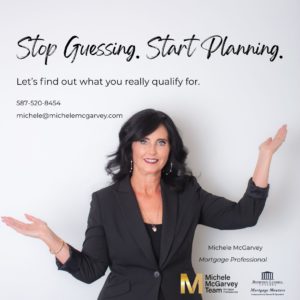
Buying a home is one of the biggest financial decisions you’ll ever make — and it’s natural to wonder “what if?”
What if interest rates go up?
What if you make extra payments?
What if you choose a shorter or longer term?
Our mortgage app is designed to help you explore these “what if” scenarios with ease. Think of it as your personal mortgage roadmap. With just a few taps, you can see how small changes today could impact your financial future, giving you the confidence to make informed choices before you even get the keys.
Whether you’re a first-time homebuyer, planning a refinance, or just curious about how different options might shape your journey, the app puts knowledge at your fingertips. Instead of guessing, you’ll have a clear path forward — one that’s aligned with your goals and lifestyle.
Ready to take the guesswork out of your mortgage planning?
Download the app today and start mapping out your best path forward.









